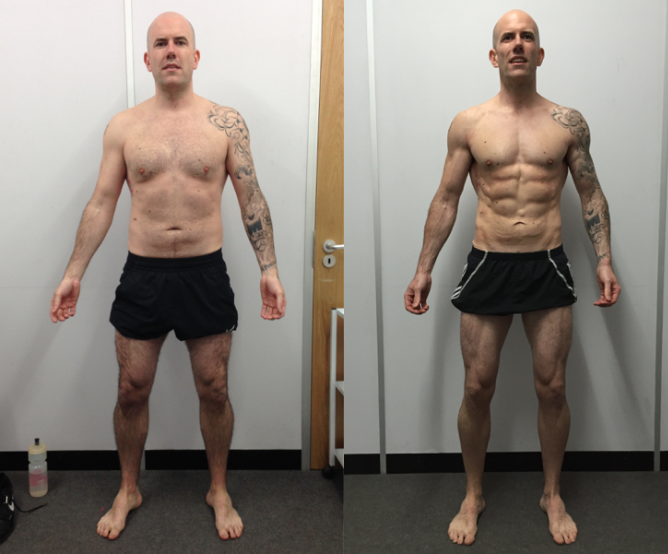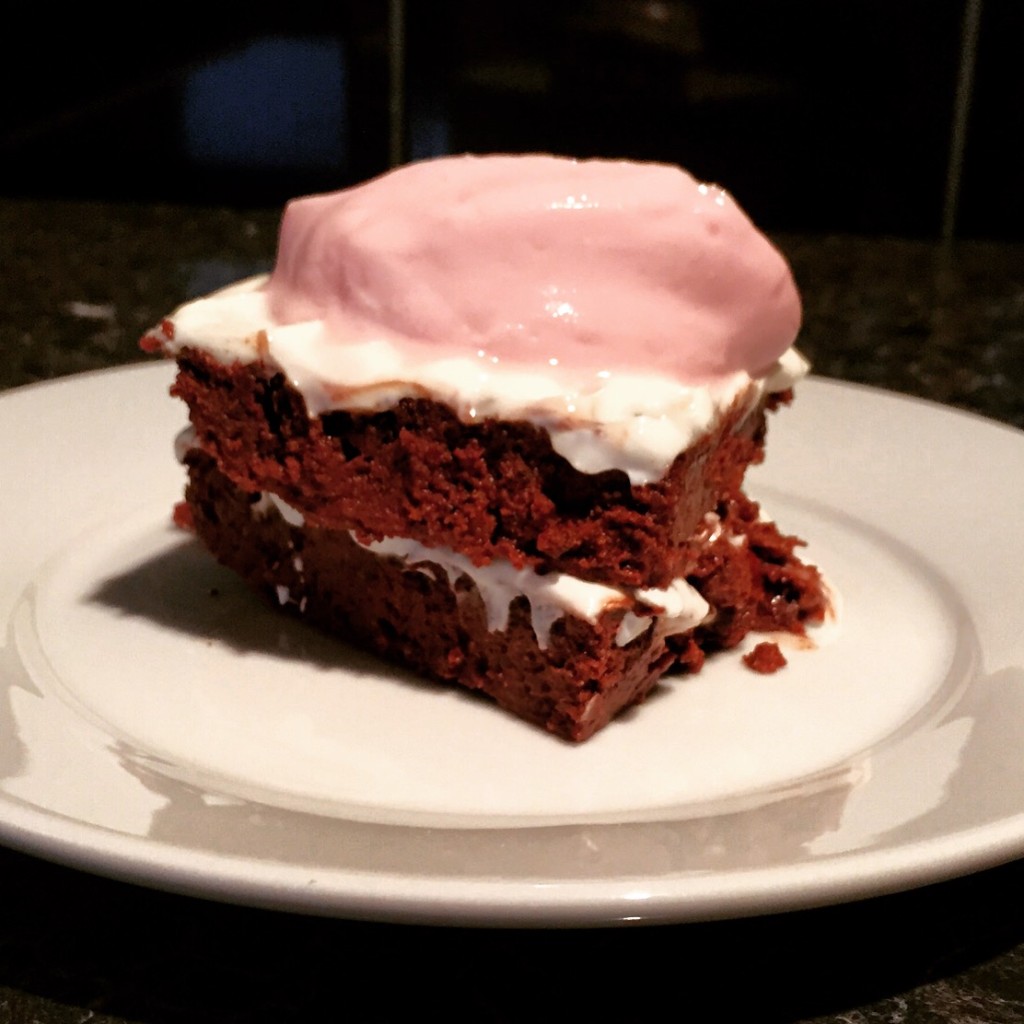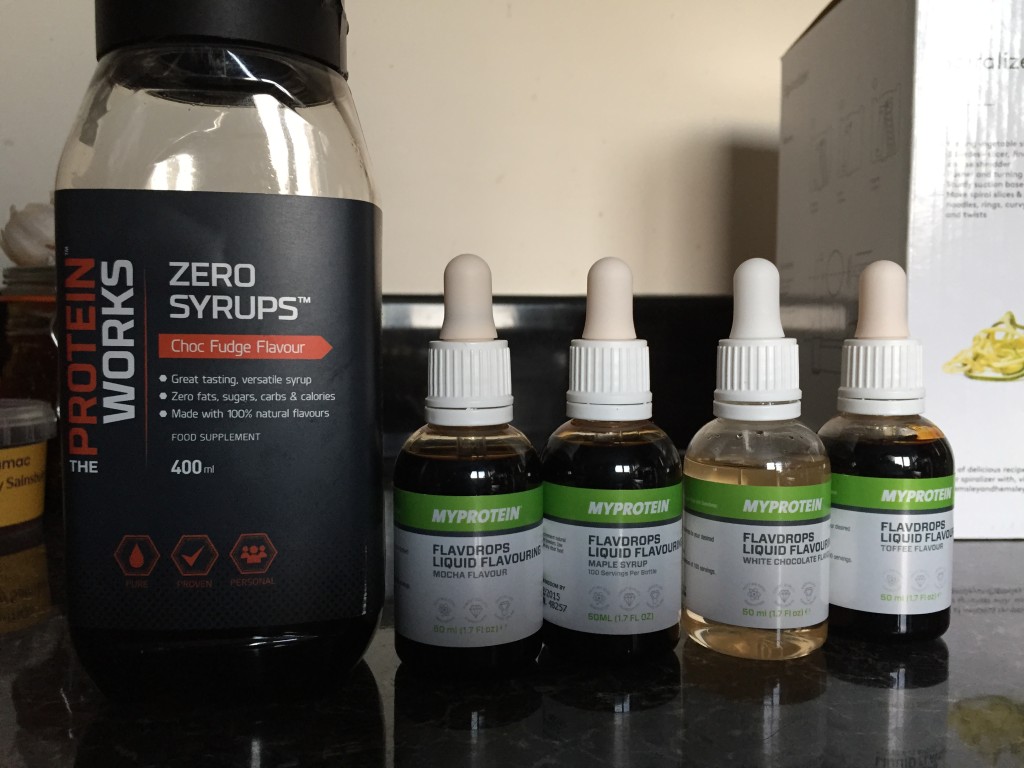Nutrition Myths: 5 Things You Worry About But Don’t Need To.
What we choose to eat and how we choose to eat it is incredibly important. It has a whole bunch of different impacts on our health, appearance and even potentially how long we live.
However as important as it is, we all love to overcomplicate the shit out of it and worry about it. This causes us to neglect the parts of it that are really important. I’ve been guilty of this in the past and driven myself to near insanity completely unnecessarily, with no results despite my best efforts.
So learn from my mistakes, don’t believe in these five BS nutrition myths and instead focus on what really matters!
Nutrition Myth 1. Microwaving Food Kills Nutrients/Gives You Cancer
There are two common arguments when it comes to microwaving food:
- Microwaving food destroys the nutrients contained within.
- Microwaving food causes cancer due to being exposed to radiation.
If we dissect the above claims, there’s not a great deal of evidence to support them.
First let’s look at how microwaving affects nutrients. There is evidence that microwaving food does destroy nutrients, HOWEVER so does all types of cooking: steaming, boiling, roasting and other cooking methods all break down nutrients within foods.
This may not be as bad as it sounds as the nutrient content of a food is only one piece of the puzzle, with the availability of those nutrients being another. During cooking the cells containing these nutrients are broken down, meaning the nutrients are more easily used by the body, potentially resulting in a greater net gain of nutrients, despite some of them having broken down.
Long cooking times at a high heat though may still negatively affect the nutrient content, so if you do want maximum nutrition, cook most of your veggies quickly and in as little water as possible. Despite many claiming otherwise, one study found that microwaving food was one of the best methods of cooking to retain nutrient content, with boiling being the worst.
Now that’s settled, let’s look at if microwave cooking may cause cancer.
Cancer is obviously a very emotive subject, and if there’s a potential link to cancer with something then people often get very worked up and worried about it.
However, that does not mean that if evidence suggests otherwise we need to cling on to our previously held belief!
Evidence suggests that microwaves don’t give off enough radiation at such a level that they would harm us by causing damage to our cells which may lead to cancer. A safe, modern microwave (any one you can new, undamaged and from a reputable brand) won’t leak meaningful levels of radiation and will have a ton of safety features in place to stop radiation from being produced when the microwave door is open etc.
However, you would probably also be wise to not put your head (or any other body part for that matter) right near a microwave as the radiation levels tail off massively the further away you stand from it.
Nutrition Myth 2. You Can’t Lose Weight Because You’re In Starvation Mode
This is one of the nutrition myths that really needs to die.
For those who believe in it(!) starvation mode is a reduction in metabolic rate that occurs from a very low calorie intake, that happens to such a degree that it causes you gain weight.
However, as I’ve already sort of alluded to, it doesn’t exist. It’s simply impossible for you to be in a calorie deficit and not lose weight. Unfortunately 99.99984% of the time, if you aren’t losing weight it’s simply because you’re eating too many calories.
Some people may confuse “starvation mode” with the sadly inevitable slowdown in metabolic rate that happens when you lose weight. This is partly due to the fact that we become smaller (smaller bodies need less energy to move around) and because we subconsciously move around less when calorie intake is low.
Despite this, it is highly unlikely that this metabolic slowdown would occur so much that you wouldn’t be able to lose weight full stop! If weight loss does plateau, usually all that is needed is a further small calorie deficit or to bump exercise up a little.
Nutrition Myth 3. Artificial Sweeteners Are Making You Fat and Sick
Whenever something is labelled as “artificial”, for one reason or another it is viewed as being bad for our health. In addition, anything labelled as “natural” is often viewed as being good for us.
Both of these viewpoints are flawed, and are total bollocks. Plenty of artificial things save lives, and are therefore by default “good for us” e.g. vaccines and preservatives in food (stop us getting life threatening food borne diseases) . On the other hand, arsenic, Ebola and sharks are all natural, but that doesn’t mean they’re good for us. So before we drift off topic too much, let’s get back on point shall we?
Many claim that artificial sweeteners can do some pretty nasty things to our nervous systems, gut, metabolisms and body fat levels due to their toxic effects.
Artificial sweeteners can indeed be toxic in excessive doses, but you would have to go very far out of your way to actually consume enough for this to be of any meaningful consequence. A safe intake for the most common artificial sweeteners is given below:
Some also seem to think that artificial sweetener consumption is also linked with an increased risk of cancer. There hasn’t been any strong evidence here as there haven’t been any human studies examining this link… all the studies are either rat studies (rats have different metabolisms to us) or are based on correlational studies (these are prone to other variables affecting the result) rather than more robust clinical trials.
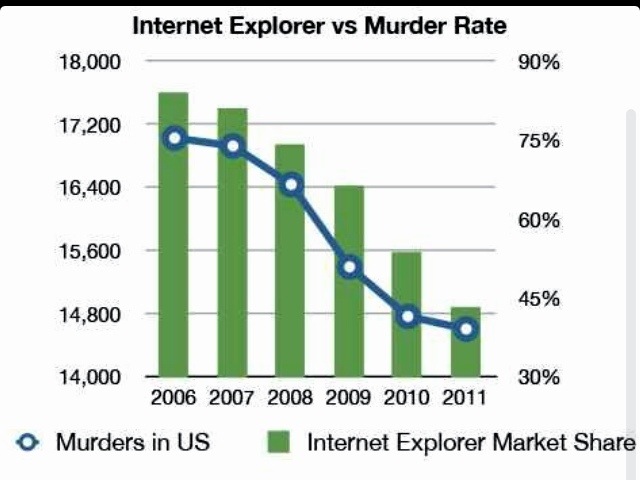
They correlate, but they certainly aren’t a direct cause of each other! Image credit: http://traderhabits.com/100-correlation-means-0-causation/
This was a bit of a quick whistle stop tour of artificial sweeteners, however if you want to learn more, please check out this superb resource here: http://www.strengtheory.com/an-unbiased-look-at-artificial-sweeteners/
Nutrition Myth 4. Eating Late In The Day Makes You Gain Fat
Not eating late for better results with fat loss at first glance kind of makes sense.
It’s logical to think that when we eat something late when we aren’t moving around as much that it would be more likely to be stored as fuel in body fat.
This may be correct in the immediate short term, but provided you’re in a calorie deficit (eating fewer calories than you burn off) the net result over the course of the whole day will still be fat loss.
Therefore calories in vs calories out across the whole day is far more important than worrying about when these calories are eaten.
Choose when to eat at times that are most convenient for you and suit your preferences. For example, if fat loss is your goal and you like to eat big dinners at 8pm then by all means go for it, as long as your calories for the day are in check. Like to stop eating at 7pm so you don’t go to bed on a full stomach? That’s fine too, again as long as you’re in a calorie deficit.
Nutrition Myth 5. Eat a Low Carb Diet to Use Body Fat as Fuel
“You’ve got to eat fat to burn fat” or a similar statement is another one of those nutrition myths that needs to be shown the door.
Eating a high fat, low carb diet or a ketogenic diet may indeed get you using fat as fuel.
However, this carrying over to us burning actual body fat is just another one of those commonly misunderstood nutrition myths.
Just in case you’ve misunderstood, burning fat and burning body fat are two completely different things!
To burn body fat you need to be in a calorie deficit first and foremost, not worrying about putting coconut oil in your coffee, or serving everything with a side dish of bacon.
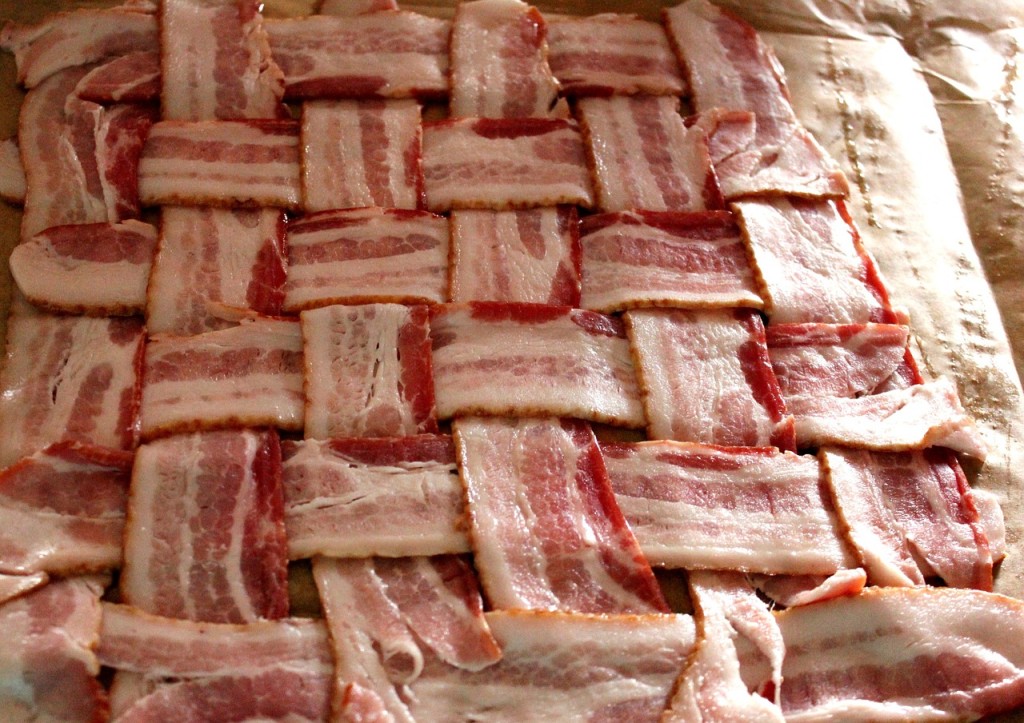
Yes, everything is better with bacon. Just watch out for those fats, son.
Those who eat a high fat diet for fat loss can often come unstuck with their fat loss due to fat sources being incredibly calorie dense. Remember that over the top intake of oils, nuts, oily fish and fatty meats can easily tip the balance into a calorie surplus (consuming more calories than you expend) and subsequently causing fat gain.
About The Author
 James Blanchard (JB) is a personal trainer and nutrition consultant, working with clients both online and on an in person basis from the Better Body Group in Sevenoaks, UK.
James Blanchard (JB) is a personal trainer and nutrition consultant, working with clients both online and on an in person basis from the Better Body Group in Sevenoaks, UK.
He specialises in getting hard working, busy people lean, strong and confident whilst still enabling them to be social and enjoying life’s pleasures. Ya know, like beer, pizza and stuff.
Taking a scientific and evidence based approach, he designs his clients’ training and nutrition programs in the most effective, time efficient and easy to stick to way possible.
He has a weird obsession with picking heavy stuff up and putting it down again. He channels this through competing in powerlifting, where he currently holding a regional record in the squat. He’s also tried his hand at various other sports, including rugby, bobskeleton and athletics.
To get your hands on some of JB’s best work for free, you can join over a 1000 others and get his Get Shredded Toolkit, containing everything you need to get lean: “5 Rules to Get Shredded eBook”, a whole body training program, a completely personalised diet and comprehensive how-to guide here.



